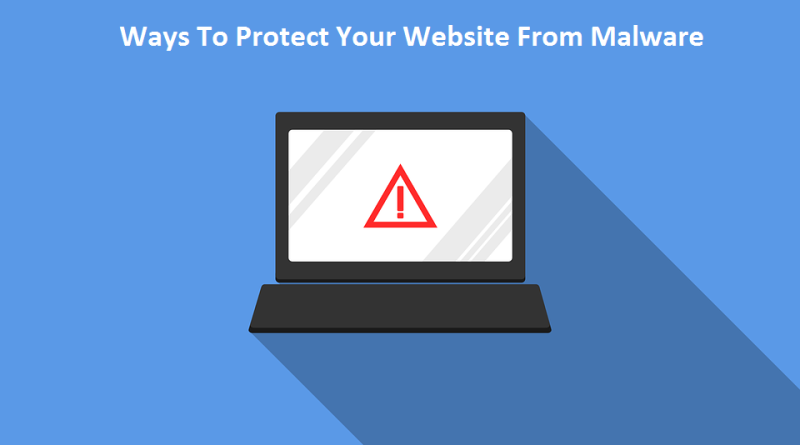Ways to Protect Your Website From Malware
Keep platforms and scripts up-to-date3
One of the best things you can do to keep your website is to make sure any platforms or scripts you have installed are up-to-date. Because many of these tools are created as open-source software programs, their code is easily available – to both good-intentioned developers as well as malicious hackers. Hackers can pore over this code, looking for safety gaps that allow them to take control of your website by exploiting any platform or script weaknesses. As an example, if you are running a website built on WordPress, both your base WordPress installation and any third-party plugins you’ve installed are potentially vulnerable to these types of attacks. Making sure you always have the latest versions of your scripts and platform installed minimizes the risk that you’ll be hacked in this way and usually takes very little time to do. Seo Services – Result driven Online marketing, Best Seo Services in South Africa. Rank high across all Search Engines Get Quality SEO Services. Call Us 011 068 1679
Install security plugins, when possible
Once you have updated everything, further improve your website security with plugins that actively prevent against hacking attempts. Again, using WordPress as an example, you’ll want to look into free plugins like iThemes Security and Bulletproof (or similar tools that are available for websites built on other content management systems). These products address the weaknesses that are essential in each platform, foiling additional types of hacking attempts that could threaten your website.
Alternatively – whether you are running a HTML pages or CMS-managed website – take a look at Drsort – Virus & Malware Removal Services. Drsort.com goes above and beyond simply closing site security loopholes by providing daily monitoring for everything from malware detection to vulnerability identification to active virus scanning and more
Use HTTPS
As a consumer, you may already know to always look for the green https in your browser bar any time you’ll be providing sensitive information to a website. Most consumers know to recognize those five little letters as an important shorthand for security: they signal that it’s safe to provide financial information on that particular webpage Exhibition Stand Design
Use CSP
Similar to SQL injections, cross-site scripting (XSS) attacks are another common foe site owners have to be on the lookout for. They happen when hackers find a way to slip malicious JavaScript code onto your pages which can then infect the pages of any visitors to your website that are exposed to the code.
Part of the fight to protect your site from XSS attacks is similar to the parameterized queries you use for SQL injections. You should make sure any code you use on your site for functions or fields that allow input are as clear as possible in what’s allowed, so you are not leaving room for anything to slip in.
Make sure your passwords are secure
This one seems simple, but it’s so important. It’s tempting to go with a password you know will always be easy for you to remember. That’s why the #1 most common password is still 123456. You have to do better than that – a lot better than that. Make the effort to figure out a truly secure password (or use HostGator’s password generator). Make it long. Use a mix of special characters, numbers, and letters. And steer clear of potentially easy-to-guess keywords like your birthday or kid’s name. If a hacker somehow improvements access to other info about you, they will know to guess those first.
